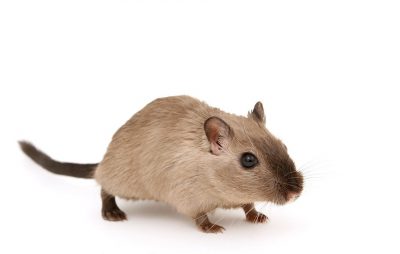Researchers were fascinated to discover they can be able to train rodents to drive. The rat drivers showed a more relaxed state of mind and were excited about learning a new skill.
Rodents driving cars sounds like something out of a sci-fi blockbuster, but American scientists are doing just that. They are training rats to drive tiny cars, and yes they are succeeding. The scientists trained these rodents to drive small cars. In exchange, for every successful drive, the rodents were offered Froot Loops cereals.
The research was able to determine that after the rats completed the drive their stress levels went down. This was tested using the rats’ feces after completion of the race. They were testing the stress hormone corticosterone as well as dehydroepiandrosterone, which counters stress.
Rat drivers stress levels
The research found that all rats that successfully underwent the training had higher levels of dehydroepiandrosterone, indicating a more relaxed state.
This could have been linked with the excitement of gaining a new skill. This satisfaction, for humans, is referred to as “self-efficacy” or “agency” as applied to rat drivers.
Higher levels of dehydroepiandrosterone were also recorded for the rats that drove themselves compared to the rats which were just passengers in a human-controlled tiny car.
This indicated that rat drivers had less stress than rat passengers. This is commonly referred to as the backseat driver nervousness for humans.
A side note is that researchers who published their report on the Journal of Behavioural Brain Research were concerned that some neuroscience experiments have ethical issues.
Senior author Kelly Lambert of the University of Richmond, in an interview with AFP, explained how she has always been fascinated by brain plasticity. She also expounded on her research, stating that one day maybe they will be able to develop new non-pharmaceutical treatments for mental illness.
There is no cure for a disease such as schizophrenia or depression, therefore, she emphasized the need to work hard and examine other models of animals that would help the scientific community in coming up with such medication. She remains optimistic that in the future, mental illnesses will be addressed appropriately, and this might save several lives.







